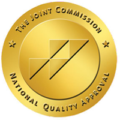A relapse prevention program is all about self-control. Learning important coping skills and better understanding one’s self, triggers, emotions, tendencies, weaknesses, and temptations. Preventing relapse after a detox and recovery treatment is managed through a professional relapse prevention program. They alter behaviors and anticipate the triggers associated with a patient’s addiction. If you or someone you love could benefit from a proactive approach to recovery, reach out to Avedis Detox. Connect online, or call us at 833.514.0579 today to learn more about our relapse prevention in Los Angeles.
Why Relapse Prevention is Important
Many patients recovering from an addiction and professionals in the detox, rehab, and recovery industry view relapse as an unavoidable part of the addiction recovery process. Everyone unable to stop using drugs has tried and failed to stop using. There is no shame in relapsing. The relapse rate is high for those working through their substance abuse after a detox. Try to gradually resume your life by enrolling in a long-term addiction treatment program.
Identifying the Signs of Relapse
One key feature of a relapse prevention program can be learned at the Avedis relapse prevention Los Angeles, CA. We teach clients how to identify and properly react to the signs of relapse. The silver lining of the reality of high relapse rates has been the number of medical studies conducted on individuals who have relapsed. What has been discovered is that the early signs of relapse and the behaviors exhibited are extremely similar and, therefore, can be avoided with a professional relapse prevention program. The common situations observed in the days and weeks before a relapse commonly include:
- Social and peer pressure
- Internal conflict
- Forgetting the effect of drugs and alcohol on your life
- A negative emotional state
- Not attending AA/NA meetings
The therapy administered and coping skills taught in relapse prevention will arm individuals with the necessary tools to overcome these high-risk situations and avoid relapse.
The Stages of a Relapse
Relapse begins long before the reintroduction of addictive substances into the body. Therefore, when someone reaches back out for drugs or alcohol, it is likely because they have already been suffering through the first stages of a relapse, which include:
Emotional Relapse
Whether the emotions reach the surface or are completely internalized, something in this early stage of relapse has or is negatively impacting a person’s life. This could come about from an emotional break-up, the death of a loved one, or losing a job. Stress, anxiety, and cravings are other factors that could begin a person’s slide toward a relapse. With the extreme craving for the addictive substance, it is here that someone may instinctively get defensive and use denial to push away the signs they are entering into a dangerous relapse situation. An inpatient dual diagnosis program can help people struggling with mental health and substance use disorder.
Mental Relapse
The internal struggles experienced during the emotional stage of relapse are now about to manifest themselves. A person may start romanticizing their prior substance use and consider reaching out to the unhealthy company they use to keep during that time of their life. At this point, a person’s behavior will start to change. The stress they are feeling becomes visible to others, and they will start to let control over life slip by missing classes, skipping days of work, and going missing for other group activities and obligations that have given their life structure during recovery.
Learn More at Avedis Detox
If someone you care about is experiencing any of these signs and stages of relapse or worried this is the path you may currently be on, learn how the relapse prevention program at Avedis Detox can help. Do not hesitate to contact us using our secure online form or call us at 833.514.0579 today.









